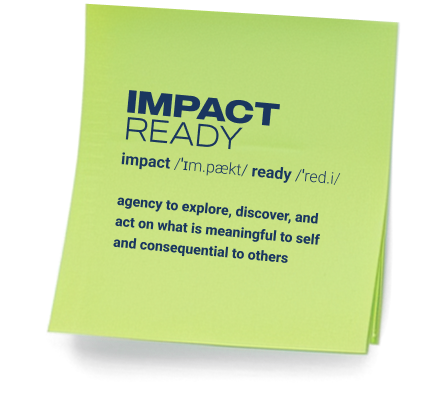Designers of Impact
The world needs leaders. Leaders who know how to thrive in a constantly changing environment with complex challenges. At Mount Vernon, we are developing those leaders today. Students engage in real-world problem-solving in a variety of ways throughout their experience. Consequently, they learn how to be impact ready. Because they have engaged in significant experiences to make an impact during their time at Mount Vernon, our graduates are empowered to continue making a positive difference in our world.
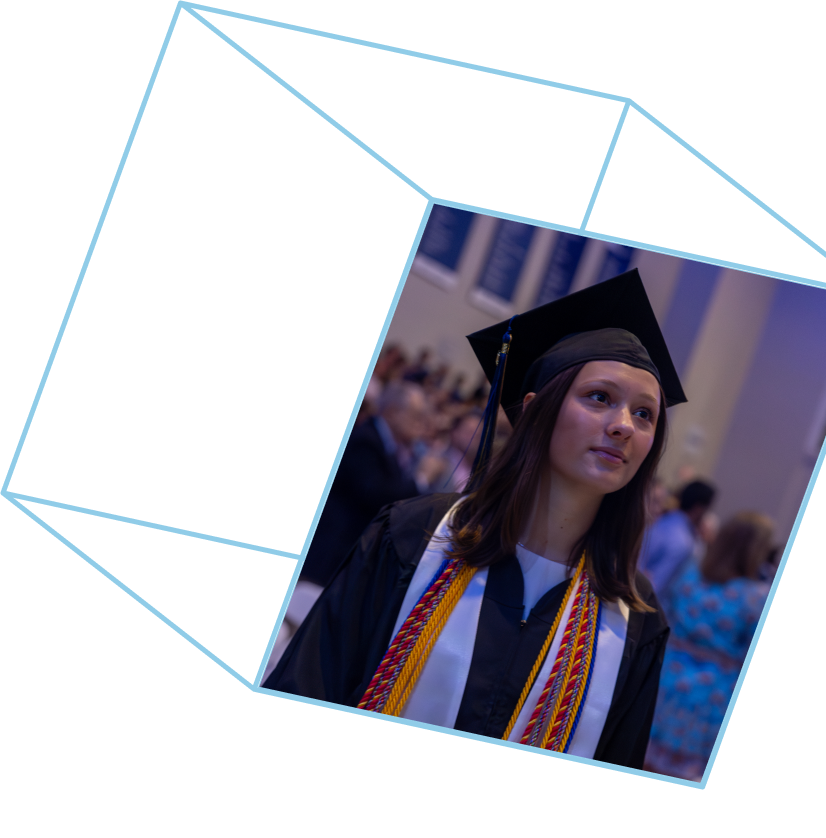
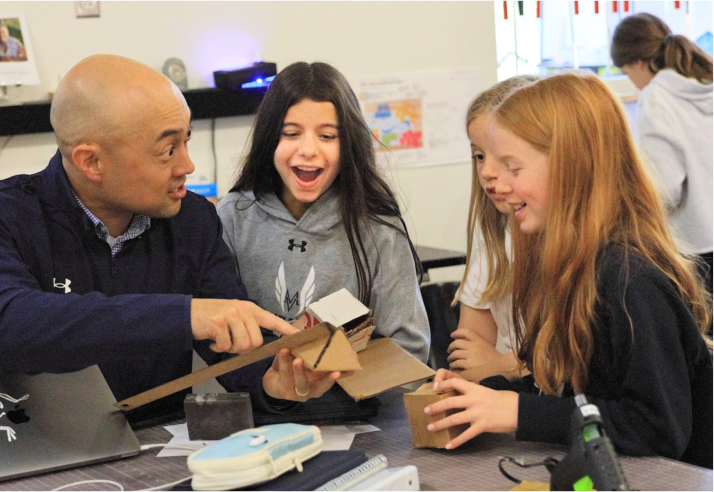
Inquiry-Based Learning
At Mount Vernon, we pay attention to students’ questions. Every inquiry signals a path of exploration that motivates and encourages deep learning. Based on a strong foundation of core educational methods, we combine Inquiry-Based Learning (IBL) with design thinking, enabling students to strengthen problem solving skills. Our blended approach encourages non-linear thinking, global connections, brainstorming, prototyping, and iterative solutions while ensuring lasting context for learning.
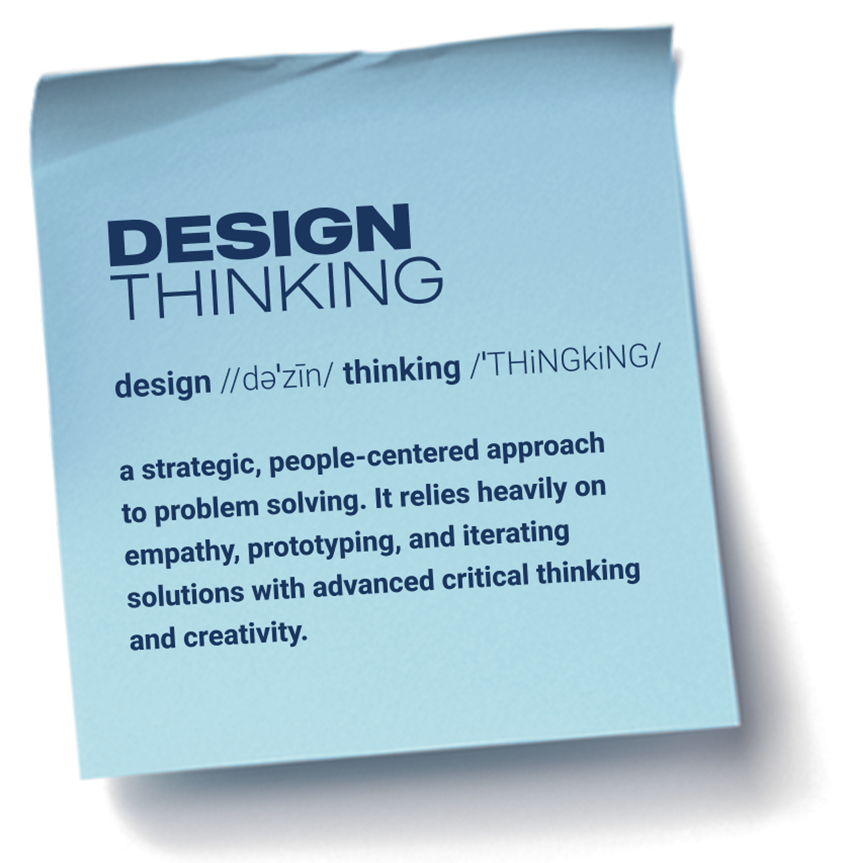
Competency-Based Education
Through Competency-Based Education (CBE), we gauge and monitor literacies, skills, and attributes, empowering learners’ experiences in deep understanding and leadership. Students’ competency development is evaluated using diverse assessments such as projects, discussions, reports, and presentations, enhancing a learner-centered environment.
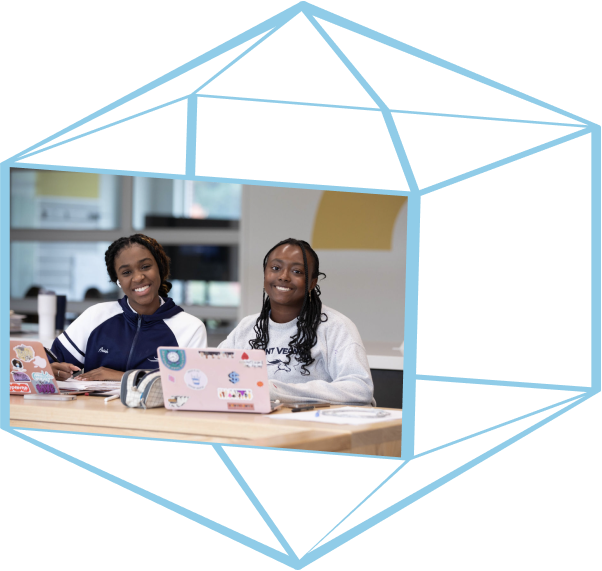
Relationships are Foundational
At Mount Vernon relationships are meaningful connections foundational to learning. They are essential to effectively navigate the community, the economy, and the world. For students to discover where knowledge meets maximum impact, they will build diverse social, professional, and innovation networks across multiple dimensions, which will build their social capital.
Engaging the world with curiosity, learners cultivate and create connections between people, ideas, and sectors. It is through these connections that learners approach perspectives that challenge their assumptions.
Fostering deep relationships inside the School and extending them beyond its boundaries (in-person, virtual, or blended) are truly foundational to learning, service, and engaged citizen leadership.
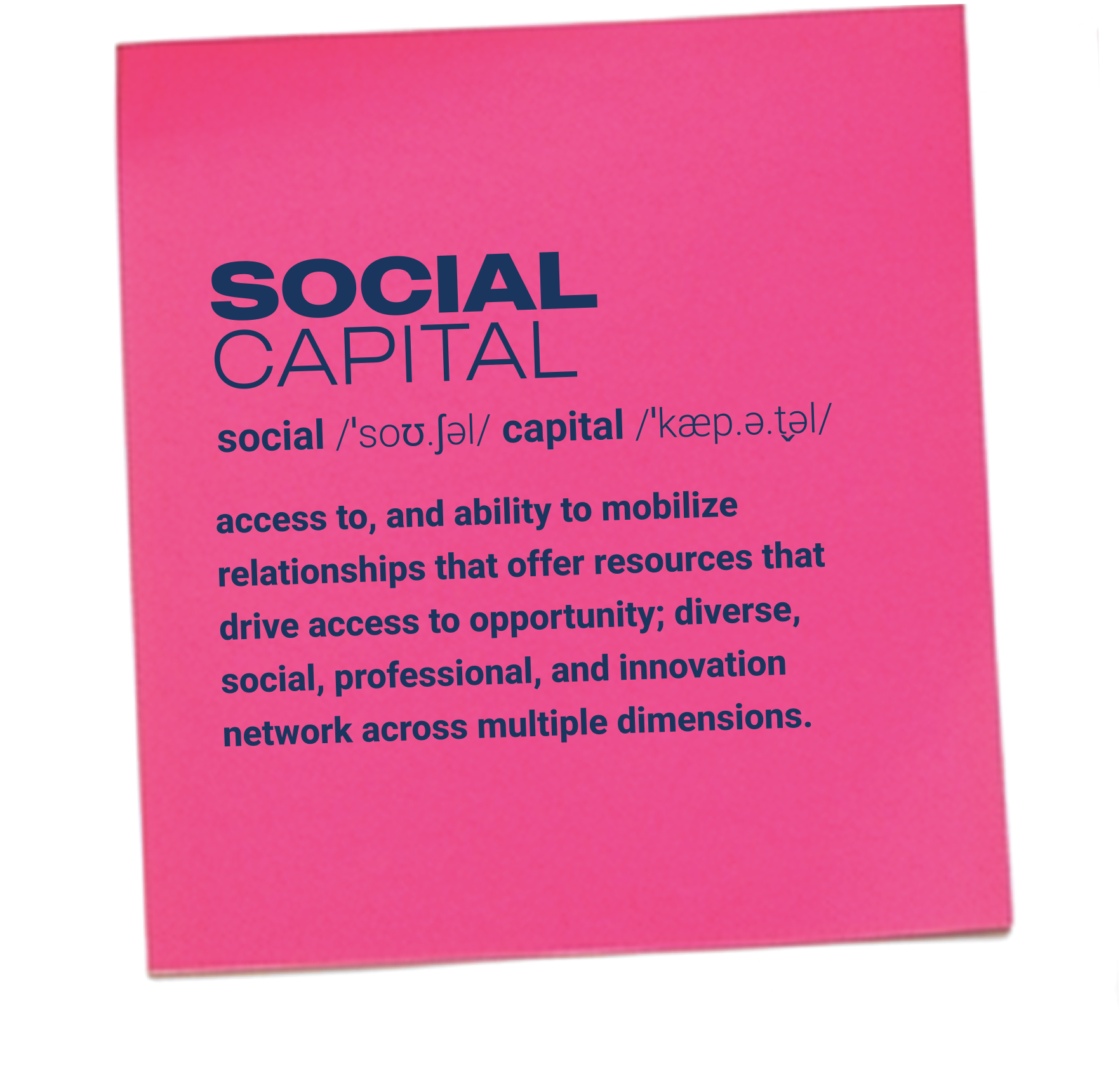
Interactive and Flexible Spaces
In order to meet the needs of this generation, we must remain agile to new ideas. Fresh, upgraded learning spaces are designed to be flexible, interactive, and inspired by research in neuroscience and human development. We aim for spaces that support the diverse ways people learn.
